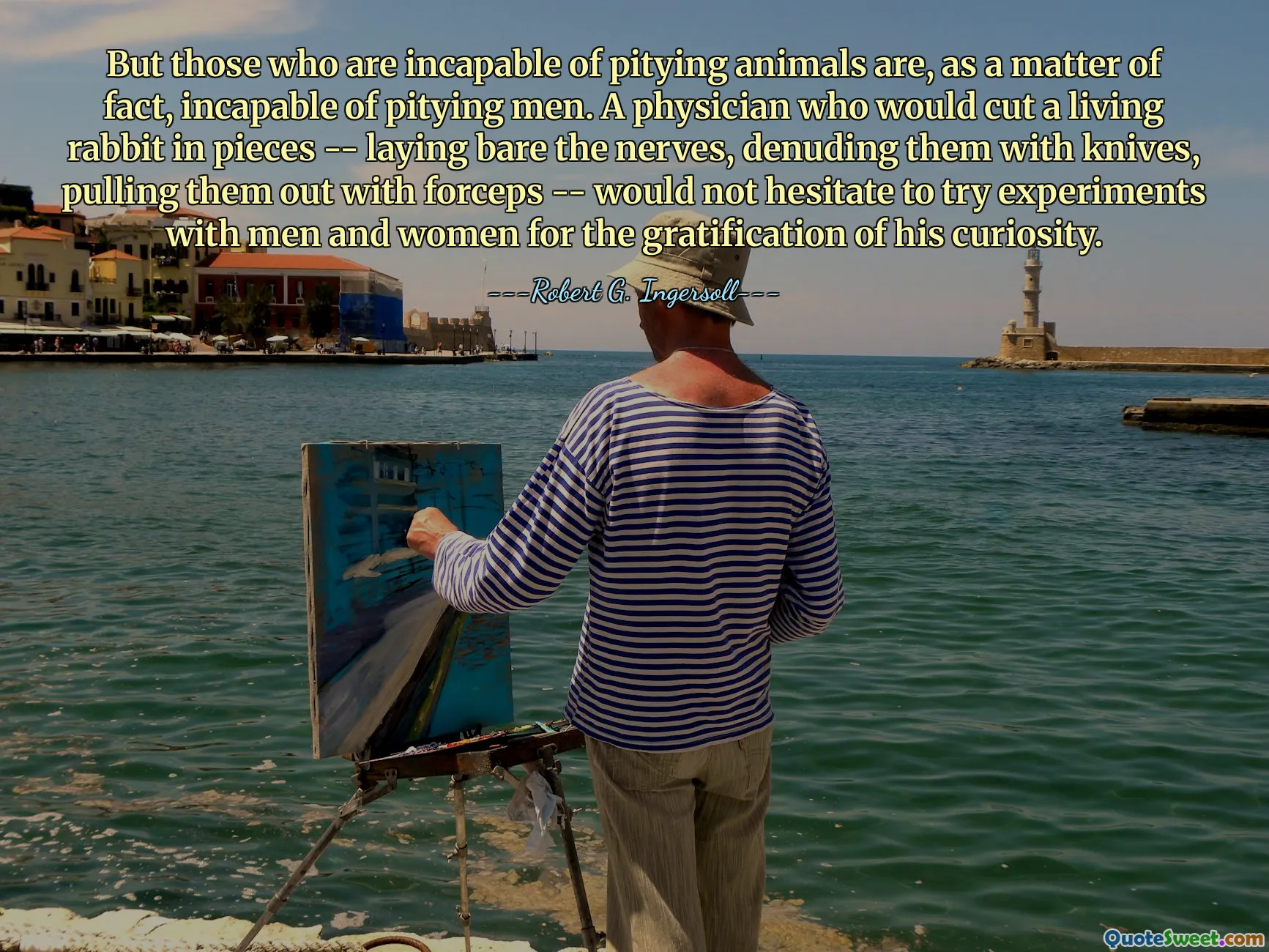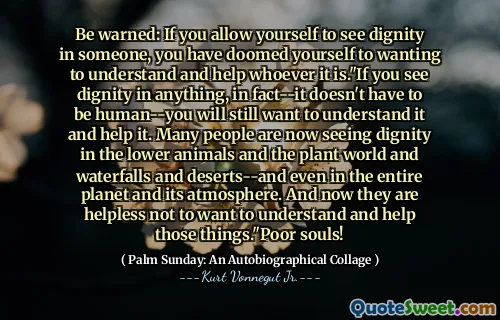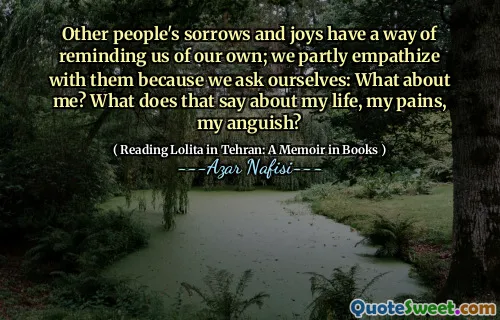
But those who are incapable of pitying animals are, as a matter of fact, incapable of pitying men. A physician who would cut a living rabbit in pieces -- laying bare the nerves, denuding them with knives, pulling them out with forceps -- would not hesitate to try experiments with men and women for the gratification of his curiosity.
This quote by Robert G. Ingersoll deeply examines the fundamental connection between the ability to feel empathy towards animals and the capacity to extend that empathy towards fellow human beings. It highlights an essential ethical principle — that compassion is not selective or compartmentalized but a universal trait that reflects the depth of one's humanity. The imagery evoked by the cold clinical experiments on a living rabbit serves as a stark metaphor for the dangers of cruelty and moral blindness. When a person can disregard the suffering of the innocent, it raises profound concerns about the limits they might cross when dealing with other humans. The quote presents a cautionary perspective on apathy and desensitization. It suggests that cruelty to animals is not just an isolated moral failing but a signal pointing toward a potential for greater ethical breaches. The idea that someone who inflicts pain on animals could also harm people without remorse is chilling and prompts reflection on how society values empathy, kindness, and respect across all life forms. Moreover, it is a call to cultivate sensitivity and compassion not only for ethical reasons but for the preservation of a humane society. Ingersoll’s stirring words remind us that empathy begins with small acts — how we treat the voiceless often foretells the extent of our humanity.










